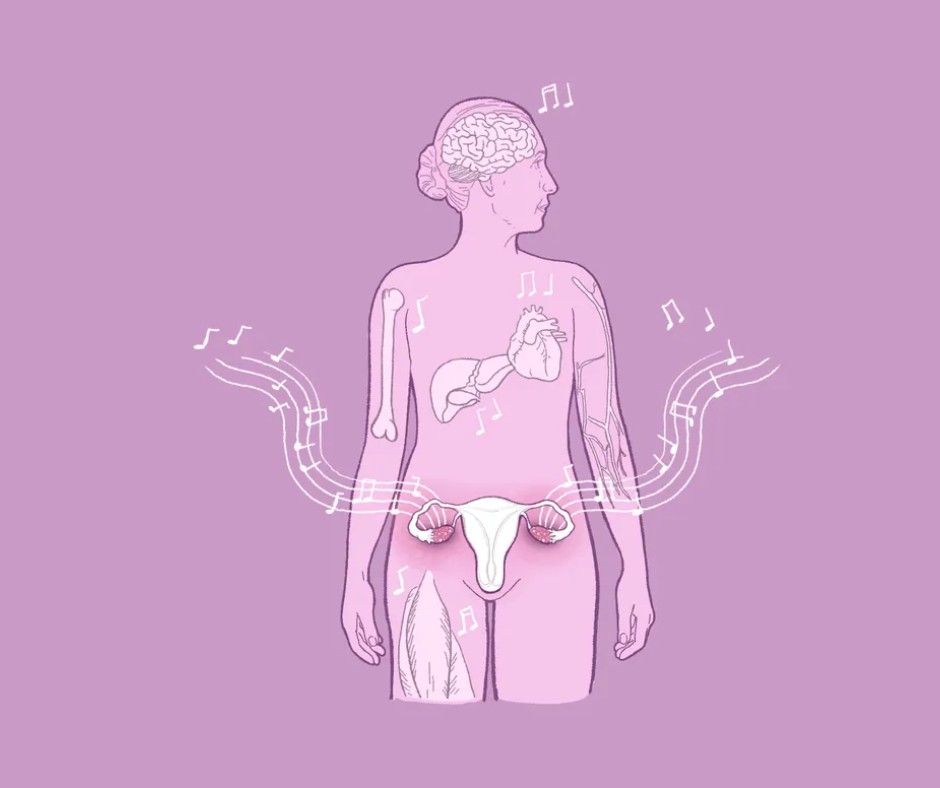
If you’ve been waiting for the first gray hair or aching knee as a sign that aging has begun, science now suggests it may have started long before those outward signs appeared. A groundbreaking study from the Chinese Academy of Sciences, published in Cell on July 25, has shed new light on how and when the body begins to truly age—and it may be earlier than most people think.
Drawing from an extensive analysis of tissues from individuals aged 14 to 68, scientists have traced the subtle but significant shifts in protein activity that mark the beginning of accelerated aging. And the findings aren’t just academic—they carry practical implications for how we can all take control of our own health trajectory, even in our later years.
A Cellular Clock: What the Study Found
Scientists closely examined protein synthesis across multiple organs—ranging from the liver and lungs to skin and muscle. Proteins, produced by cells through instructions from messenger RNA, play critical roles in nearly every bodily function. As we age, cells slowly lose their ability to create proteins correctly, signaling a shift toward biological aging.
This breakdown wasn’t uniform. The researchers found that while some organs, such as the spleen and adrenal gland, showed signs of aging as early as age 30, the most significant changes across the board took place between ages 45 and 55. The aorta, the body’s primary artery, stood out for experiencing the most dramatic age-related shifts in protein levels during that midlife window.
According to Dr. Thomas Blackwell, associate dean at the University of Texas Medical Branch, this data provides not only a new way to understand aging, but a crucial timeframe to intervene.
The Body Ages Unevenly—but Why It Matters
One of the most interesting aspects of the study was the variation in aging rates across organs. The concept that not all parts of the body age in sync isn’t new, but the cellular-level confirmation reinforces the need for tailored, rather than one-size-fits-all, approaches to health as we age.
Neville Sanjana, associate professor at New York University and a member of the New York Genome Center, called the data “a beautiful roadmap” for how scientists might design future therapies—perhaps even ones that target specific organs for rejuvenation. The idea isn’t just to live longer, but to live healthier for longer—a concept scientists call extending the “healthspan.”
Rewriting Your Aging Story—Yes, It’s Still Possible
While the research clearly outlines how aging picks up pace during midlife, it also delivers a hopeful message: there is still time to shift your trajectory. In fact, Blackwell emphasized that making the right changes around the age of 45 could add as many as ten years of healthy life.
That’s not just a theory—it’s now supported by data from this new cellular study. The message is clear: the earlier the intervention, the better the outcome, but even starting in your late 40s or 50s can make a meaningful difference.
So what exactly does it mean to “age well”? It turns out, it’s less about magic pills and more about fundamentals.
The Pillars of a Healthy Lifestyle
The tried-and-true pillars of a healthy lifestyle still hold up in the face of cutting-edge science. Maintaining healthy blood pressure, blood sugar, and cholesterol levels continues to be a cornerstone of longevity. So does the often-repeated advice to avoid smoking and to drink only in moderation.
But there’s more.
A balanced, nutrient-rich diet, filled with vegetables, lean proteins, healthy fats, and low in processed sugars, helps reduce inflammation—an underlying cause of many chronic age-related diseases. Regular exercise, both aerobic and strength training, supports not just cardiovascular health but also maintains muscle mass and bone density, both of which decline with age.
Equally important is sleep—often overlooked, yet vital for cellular repair. And then there’s stress management: chronic stress can trigger hormonal changes that accelerate biological aging, making practices like mindfulness, therapy, or even creative hobbies more valuable than ever.
The Role of Genetics—and a Bit of Luck
Of course, not everything is within our control. Genetics plays a role, as does environment and, yes, sometimes luck. But as the new research suggests, the influence of lifestyle—especially around midlife—shouldn’t be underestimated. It’s one of the few levers we can pull to influence our biological fate.
Looking Ahead: The Future of Aging Research
This study is just the beginning. As Sanjana points out, the kind of large-scale protein data collected here can pave the way for new types of bioengineered treatments that target aging at the cellular level. Scientists envision a future where aging might not just be slowed, but managed—organ by organ, cell by cell.
For now, the message is one of both urgency and empowerment. Yes, aging may start earlier than you think—but that also means the window to act is open wider than ever.
The science of aging is advancing fast, but the core message remains clear: how we live still matters. Armed with new knowledge about when aging truly begins, we have the opportunity—not just to live longer—but to live stronger. Midlife, it turns out, isn’t just a turning point. It’s a chance for transformation.
The path to aging is no longer a mystery marked only by gray hairs and wrinkles—it’s a biological process unfolding deep within our cells, often beginning earlier than we imagine. But with this newfound understanding comes power. The research from the Chinese Academy of Sciences doesn’t just mark a timeline; it offers a wake-up call and a window of opportunity. By making informed lifestyle changes—managing blood pressure, embracing balanced nutrition, staying active, sleeping well, and reducing harmful habits—we can take control of how we age. Aging may be inevitable, but how gracefully we do it is increasingly within our hands.
Appreciating your time:
We appreciate you taking the time to read our most recent article! We appreciate your opinions and would be delighted to hear them. We value your opinions as we work hard to make improvements and deliver material that you find interesting.
Post a Comment:
In the space provided for comments below, please share your ideas, opinions, and suggestions. We can better understand your interests thanks to your input, which also guarantees that the material we offer will appeal to you. Get in Direct Contact with Us: Please use our “Contact Us” form if you would like to speak with us or if you have any special questions. We are open to questions, collaborations, and, of course, criticism. To fill out our contact form, click this link.
Stay Connected:
Don’t miss out on future updates and articles.








